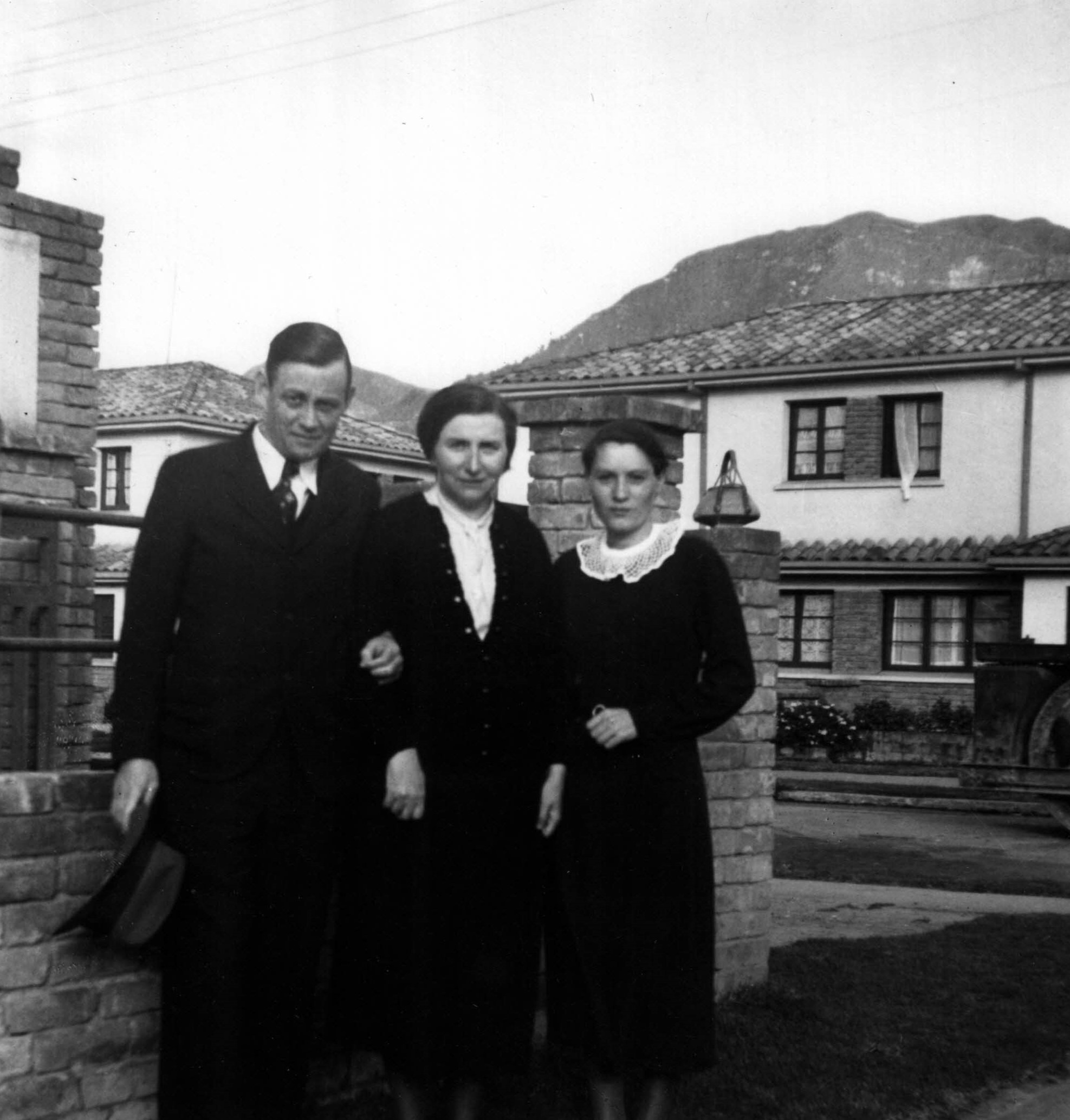Often we are puzzled and even disquieted as we come into contact or have dealings with different classes of Christians. Some who seem very lax and never can get the victory in their lives, even though they really love the Lord and have had a real or definite experience in salvation.
Then, there are those who have a deeper experience, more victory, love the Lord with all their hearts, ______, but lack the vision of the completion of God’s plan and purpose. It seems at times even after great victories or triumphs, they go into the valley of despair and sigh for the Lord to come in the Rapture, or even to be taken to their reward by the way of death.
Then others are in another class whose one sole desire and purpose, regardless of what it might cost them, is to see the plan and Will of God brought to pass. They are not self-centered but Christ-centered. They forfeit any right to anything that could be called legitimate if it does not fit into His Divine Plan. They cannot be moved or swayed from their goal, by conditions or circumstances. Their face is set, their heart is fixed. They look to the author and finisher of their faith for the consummation of His plan with victory.
Why is this? We ask that some are shallow, others are deeper, and yet there are others who stop at nothing to see Him glorified.
We find the answer, Matthew 13:3, etc. “A sower went forth to sow.” A lovely, significant simile. This sower had good seed, nothing wrong with the sower, nothing wrong with the seed. He sowed the seed far and wide, flinging it with energy to the ___________. We read on and see that some of the seed was wasted because of the conditions encountered. But we are interested in the good seed that fell on good ground, that brought forth fruit, some thirty, others sixty, and the other one hundredfold. Jesus explains in the 23rd verse, that the good ground are those who hear, understand, and bear fruit. So he means the born-again Christians that brought forth different percentages.
We can find these types in the Word of God. Let us look at Lot, for instance. He is what we might term a 30% believer, selfish, self-centered, when the strife came between the herdsmen of Abraham and Lot. And Abraham, the 100% type, so graciously and magnanimously offered Lot the choice of the land. Lot should have had respect and understanding and realized the fact that his uncle should have the choice. But no, he lifted up his eyes and chose all the plain of Jordan because he thought that it would prosper him more (Genesis 13:10,11). But it is interesting to note that after Lot had chosen what he thought was best, God told Abraham to lift up his eyes. What a difference. Lot lifted up his own eyes, but God told Abraham to lift up his eyes, and it was then that God told him that all he could see would be his for a possession.
Lot’s tent was pitched toward Sodom, exceedingly wicked. God first allowed kings of neighboring countries to invade Sodom and take Lot captive. It was Abraham who could with 300 trained servants deliver Lot and his goods. Lot had a sense of righteousness (2 Peter 2:7), as he was vexed from day to day by the filthy conversation. But he was never a separated man of God as Abraham.
When the time came for God to send judgment upon Sodom and Gomorrah, He did not reveal it to Lot because of his lack of separation and consecration. But He said, “Shall I hide from Abraham that thing which I do, seeing that Abraham [shall surely become a great and mighty nation, and all the nations of the earth shall be blessed in him?] For I know him, that he will command his children [and his household after him, and they shall keep the way of the Lord, to do justice and judgment].” (Genesis 18:17-19)
So He told Abraham, and Abraham immediately began to intercede (Genesis 18:20-end). There were not ten righteous. (Lot had not had a special testimony.) He sat in the gate, very well known, etc., but the two angels rather preferred the street to his home. Have you seen there those kind of Christians, those whose homes are anything but godly? They went finally in, but the city was stirred. The enemy and sin was stirred, to rise up against God’s __________.
Lot realized there was trouble afoot and was desperate, even to the offering of his two virgin daughters. This was also commendable on the part of Lot, but his testimony had been a poor one, and the people only had contempt for him. They would have used violence against him, he had no power or authority to withstand them. So God took over. Once again, we see the weakness of Lot as he talked to his family (Genesis 19:14). He seemed as one that mocked. Even the message of God from him was not heeded.
Let us see how he acted from now on with Abraham’s intercession, with angels insisting, angels at his side. “He lingered” (verse 16), they had to lead him by the hand, God being merciful unto him, and took him and family out of city. Then he was told to escape to the mountains, but Lot argued, took the mercy of God for granted, infringed upon it. He pleads to go to a little city. He feared to go to the mountains, lest he should die. Wanted his choice, not God’s for him. A near place, a little place.

